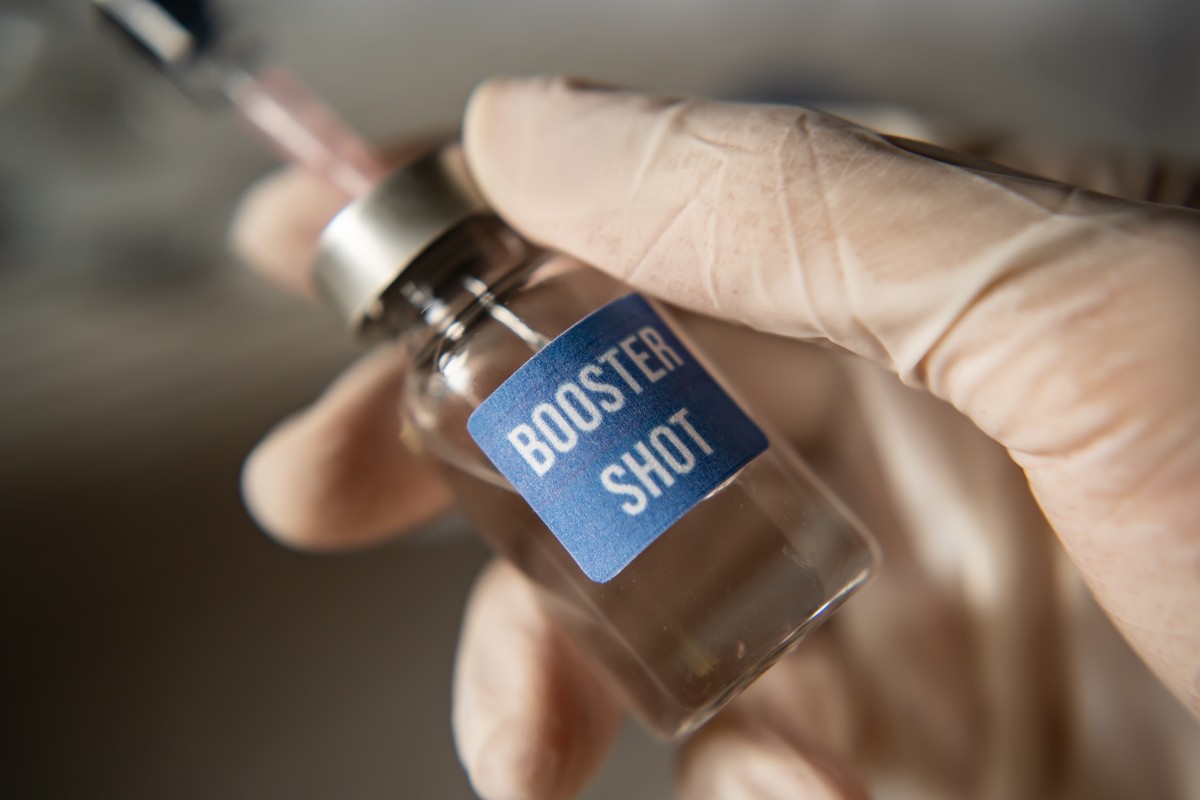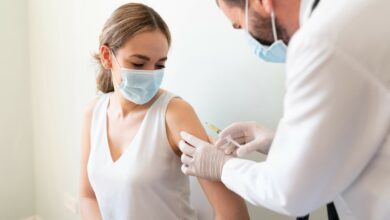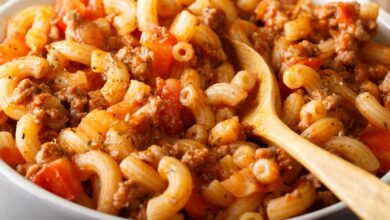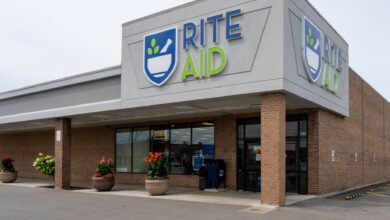If you received the initial dose of the COVID-19 vaccine last January, you will soon be eligible to receive a third booster shot beginning this September.
In response to new data that demonstrates a decreased effectiveness of the vaccine, US health officials announced on Wednesday that third booster shots will be offered beginning in September. This guidance is still pending the expected official authorization from the US Centers for Disease Control and Prevention (CDC) and the US Food and Drug Administration (FDA).
The third shots will begin on September 20 for those individuals age 18 and over who are at least eight months out from their second shot of either the Pfizer or Moderna vaccines. Because vaccinations did not start until late December in the US, this new policy would affect those who were fully vaccinated during the beginning stages of the rollout. This group includes many nursing home residents and health care workers.
Signing Off on the Recommendation
The recommendation for a third shot has the support of many of the nation’s leading health experts and government officials. Signing off on the statement were Surgeon General Dr. Vivek Murthy, CDC Director Dr. Rachelle Walensky, National Institutes of Health (NIH) Director Dr. Francis Collins, National Institute of Allergy and Infectious Diseases (NIAID) Director Dr. Anthony Fauci, Assistant Secretary for Health Dr. Rachel Levine, FDA Acting Commissioner Dr. Janet Woodcock, Chief Science Officer for the COVID Response Dr. David Kessler, and Chair of the COVID Health Equity Task Force Dr. Marcella Nunez-Smith.
The statement was clear in pointing out that the vaccine has proven to be “extremely effective” in lowering the risk of severe disease, hospitalizations, and death. However, the experts acknowledged that the Delta variant has posed a significant problem just as the protection from the vaccines is starting to wane over time.
The third shot is being recommended as a way to provide additional protection, particularly to the vulnerable and those who were vaccinated early in the rollout. This booster shot is intended to maximize the protection and prolong the effectiveness.
What About Johnson & Johnson Vaccine and Adolescents?
The statement also addressed the Johnson & Johnson vaccine. The officials said that they expect more data on this particular vaccine within the next few weeks. Because this vaccine was not authorized for use in the US until March 2021, the need for boosters will likely be farther down the road.
In addition, the CDC said that the FDA will examine the data on the boosters for adolescents. As of now, the third shot is only approved for those 18 and over. Moderna is only authorized for use in adults while Pfizer is currently approved for use for individuals 12 and over. However, the 12 – 15 age group did not receive authorization until the middle of May, meaning that this age group is still on the early end of the effectiveness.
Inside the Data
The statement cited three different studies that demonstrated the loss of efficacy over time for both the Pfizer and Moderna vaccines. One study conducted on over 10 million people in New York found that the effectiveness against new COVID-19 infections dropped from 92% to 80% from May 3 through July 25. While part of this decline may be attributed to the greater contagiousness of the Delta variant, it can also be blamed on the waning effectiveness of the vaccine over time.
A different study by the Mayo Clinic looked at the effectiveness of both mRNA vaccines among over 80,000 individuals of various ages through July 16. The data revealed that the effectiveness of the Pfizer vaccine dropped from 76% to 42% while the Moderna recipients saw a decrease from 86% to 76%.
Lastly, a third study out of the CDC’s Morbidity and Mortality Weekly Report (MMWR) showed that the effectiveness of the vaccine in nursing home residents fell from 75% in March to 53% in August. This is particularly concerning for these high-risk elderly populations, especially because many of these individuals received their initial doses at the beginning of the vaccine rollout.
What Does a Third Shot Provide?
Scientists have also been busy studying the body’s immune response after a third shot. The additional booster triggered the body to provide even more antibodies. These antibodies catch the virus and stop it from multiplying, helping to cut down on the chance that you get sick.
The trials showed that the increase in antibodies was extremely significant. Not only could this cut down on the chances that you contract the virus, but it also can impact the odds that you pass the virus to somebody else.
Officials continue to maintain that the US has enough vaccine supply to immunize all Americans and provide for the third booster shot.






